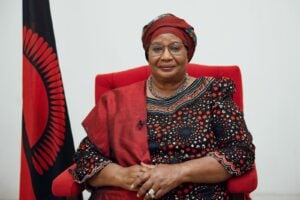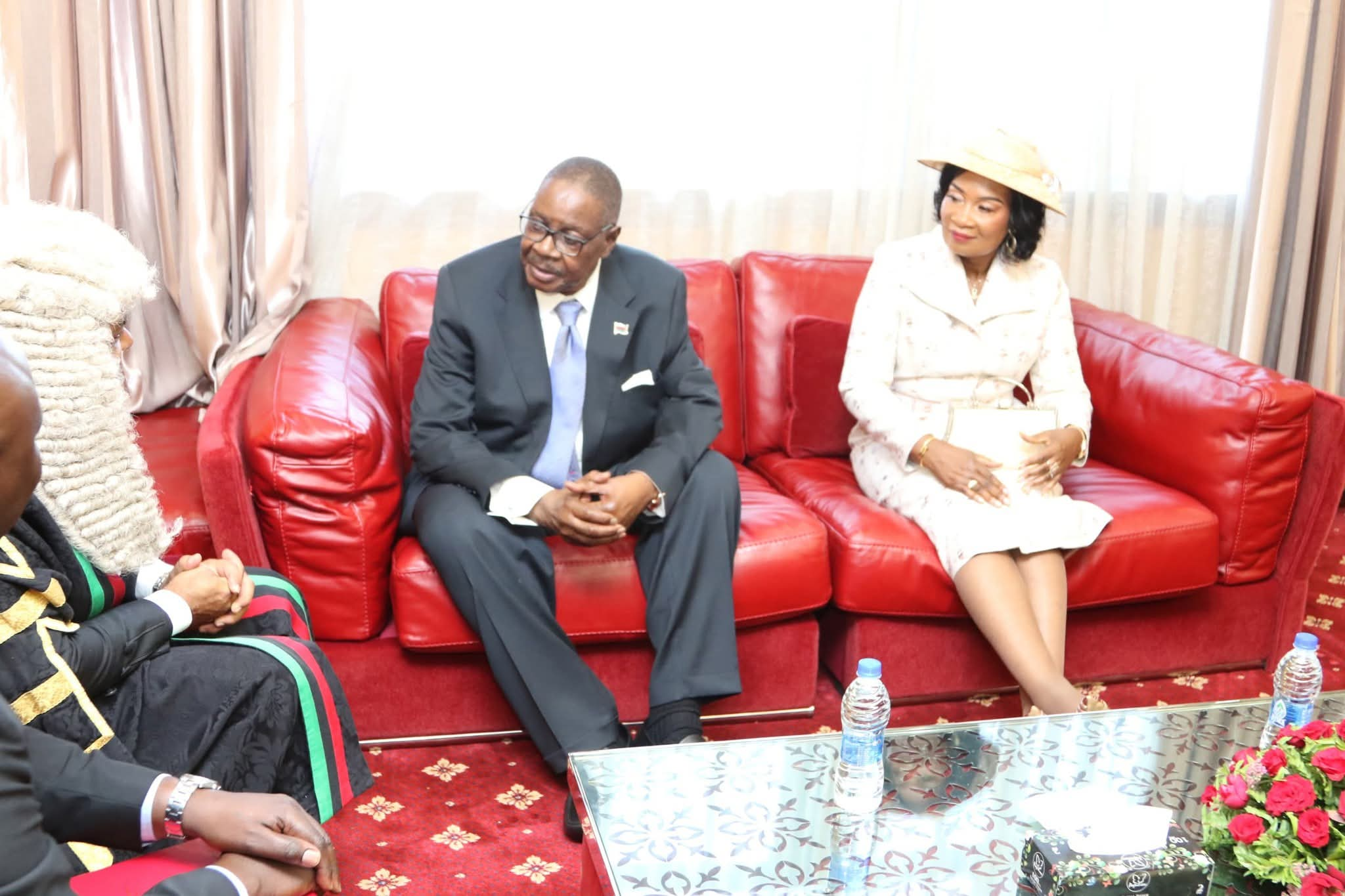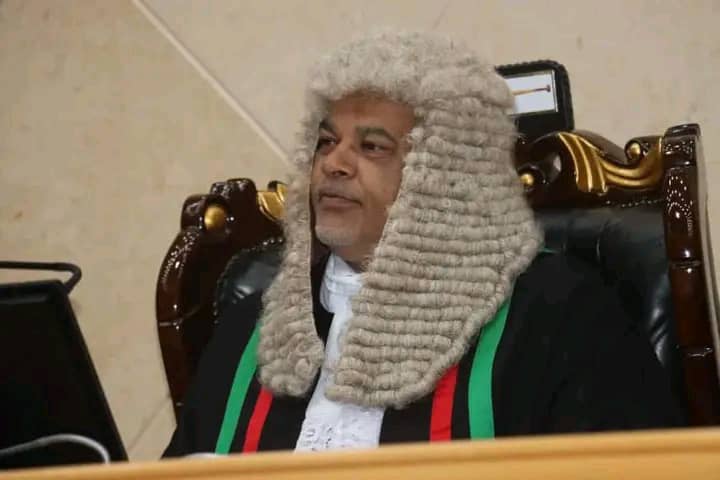By Burnett Munthali
During the People’s Party (PP) convention, former President of Malawi Dr. Joyce Banda, who was re-elected as the party’s leader, made bold assertions about her presidency, stating that she was not among the leaders who have failed Malawians. Her reflections on her tenure, which began after the death of President Bingu wa Mutharika in 2012, cast light on her perception of successful leadership. Dr. Banda emphasized that during her short time in office, Malawians lived happily, the country avoided widespread hunger, and several development projects were implemented.
This analysis will look back at Banda’s claims, focusing on her leadership, the socio-economic context of her presidency, and her development agenda. It will also assess the challenges she faced and how these continue to shape her legacy.
Firstly, Dr. Joyce Banda ascended to the presidency at a time of political and economic crisis in Malawi. Following the sudden passing of President Bingu wa Mutharika, Malawi was grappling with severe fuel shortages, declining foreign reserves, and strained relations with international donors. Inheriting such a challenging situation, Banda’s administration had to prioritize restoring economic stability and international cooperation.
To her credit, one of her first major moves was to devalue the Malawian kwacha, a decision that was seen as essential for restoring donor confidence. This devaluation, though painful in the short term, helped unlock international aid, particularly from the International Monetary Fund (IMF) and other Western donors. Banda’s swift action to repair Malawi’s relations with the international community allowed the country to avert a deeper economic crisis.
Secondly, Dr. Banda’s assertion that Malawians were not hungry under her leadership is supported by her government’s initiatives to improve food security. One of her flagship projects was the Farm Input Subsidy Program (FISP), which aimed to boost maize production by providing farmers with affordable fertilizer and seeds. The program, which had been initiated under her predecessors, was continued during her presidency, leading to improved maize harvests during her time in office. However, it is essential to acknowledge that while Banda managed to maintain food security, Malawi’s long-term agricultural challenges persisted, including over-reliance on maize and vulnerability to climate shocks.
Related Mutharika Trash Chakwera Invitation, Government Failed To Run Affairs Of Malawi
In terms of development projects, Banda’s administration embarked on several infrastructure projects, particularly in the health and education sectors. She oversaw the construction of new health centers and schools and promoted women’s empowerment through various initiatives, reflecting her commitment to social development. However, the economic strain her administration faced limited the scale of these projects.
Thirdly, despite Banda’s achievements, her presidency was also marred by controversy, particularly the infamous Cashgate corruption scandal that erupted in 2013. The scandal, which involved the embezzlement of billions of kwacha from government coffers, severely damaged her administration’s reputation and led to a suspension of foreign aid. While Banda denied any involvement, the scandal tainted her legacy and continues to overshadow her claims of good governance.
DPP’s Mzomera Ngwira: Chakwera’s Government stifles discussion on Chilima’s Death
Cashgate also had lasting political consequences, with Banda losing the 2014 election to Peter Mutharika of the Democratic Progressive Party (DPP). Critics of Banda argue that her failure to prevent large-scale corruption undermines her narrative of effective leadership. Moreover, the economic repercussions of Cashgate exacerbated Malawi’s financial woes, pushing the country into further austerity measures.
Fourthly, Dr. Banda has been praised for her inclusiveness and her focus on gender equality. She was the country’s first female president and made significant strides in promoting the role of women in leadership positions, both within government and society. Her social programs, especially those aimed at empowering women and children, earned her international recognition.
However, domestically, public sentiment towards Banda has been mixed. While some view her as a reformist leader who worked to stabilize the economy and promote social welfare, others criticize her for failing to address systemic corruption and for the economic hardships caused by the kwacha devaluation. The Cashgate scandal remains a critical point of contention, with many Malawians feeling that her administration failed to uphold the principles of transparency and accountability.
Fifthly, Dr. Joyce Banda’s tenure as president was marked by a mix of economic stabilization and political turbulence. Her administration managed to stave off some of the immediate crises she inherited, and her commitment to social welfare and gender equality is commendable. However, the long-term impact of her leadership is complicated by the Cashgate scandal, which significantly undermined the credibility of her claims to have been a successful and untainted leader.
Related Chakwera Failed Miserably Three Years, Remaining Two Years Expect Nothing
As she re-emerges in Malawian politics, Banda’s legacy will continue to be debated. While her supporters highlight her achievements in restoring economic stability and maintaining food security, her critics argue that her presidency was marred by corruption and poor governance. In the end, her place in Malawi’s political history will be determined by the balance between these accomplishments and shortcomings.
- PIL donates K150 million ICT lab and library to Katole CDSS
- Nurse Jailed Three Years for Assaulting Patient at Zomba Mental Hospital
- Judiciary Under Siege: CDEDI Demands Immediate Resignation of Chief Justice and Attorney General Over Corruption Claims
- MCP member welcomes wholeheartedly Chilima’s new investigation
- Parliamentary Absenteeism Reaches Crisis Point: 159 MPs Skip Sitting




